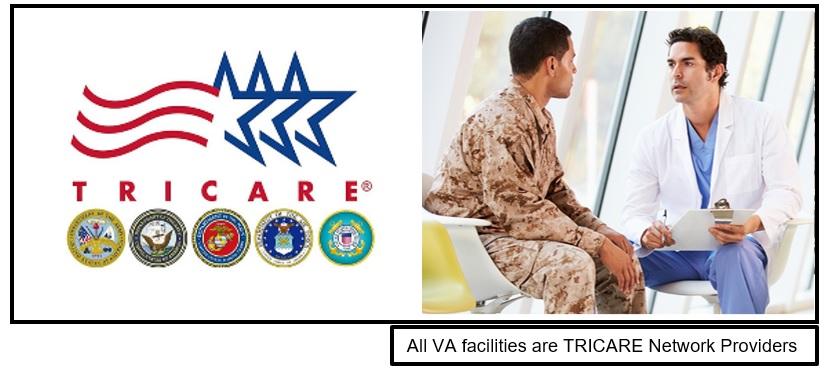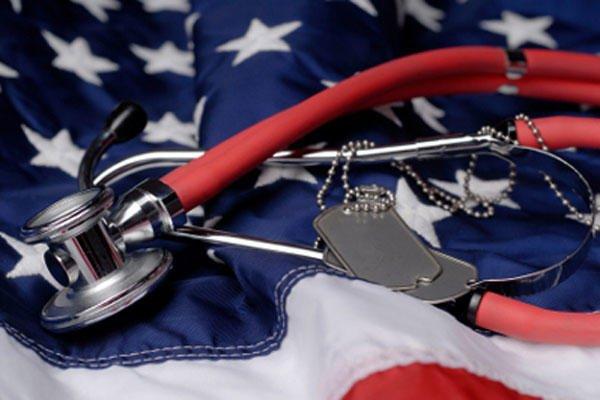
TRICARE Q&A: Getting Care With Active Duty Dental Program – Health.mil
Maintaining excellent dental health is crucial for active duty service members, and the Active Duty Dental Program (ADDP) under TRICARE ensures our military personnel receive top-quality oral care. Whether you’re new to the program or seeking clarity on specific procedures, this comprehensive Q&A covers everything you need to know about navigating dental care through TRICARE’s Active Duty Dental Program.
What Is the Active Duty Dental Program?
The Active Duty Dental Program is a specialized dental care benefit provided exclusively to active duty service members. Unlike civilian dental insurance plans, ADDP focuses on addressing the unique needs of military personnel, including readiness and comprehensive oral health maintenance.
Key Features of the Active Duty Dental Program
- Comprehensive Coverage: Includes preventive, basic, and major dental services.
- Priority Access: Designed to support dental readiness for deployment or other military duties.
- No Out-of-Pocket Cost: Covered services typically have minimal to no copayments for eligible members.
- Provider Network: Allows care at military dental clinics and authorized civil providers.
How Does TRICARE Coordinate with the Active Duty Dental Program?
While TRICARE is known primarily for medical and some dental coverage, the ADDP is the core dental benefits program for active duty members. TRICARE manages claims and coordination through its network, ensuring seamless billing and coverage for dental services related to operational readiness.
Who Is Eligible for the Active Duty Dental Program?
- All active duty service members across Army, Navy, Air Force, Marine Corps, and Coast Guard
- Reservists on active duty orders exceeding 30 days
Important Note:
Family members and retirees are not covered by ADDP but may access their dental benefits through TRICARE Dental Programs (TDP).
Common Questions About ADDP With TRICARE
1. How Do I Find a Dental Provider Under ADDP?
Active duty members typically receive care at military dental treatment facilities. However, when care isn’t available on base, TRICARE coordinates with civilian network dentists approved through ADDP. To locate a participating provider:
- Use the TRICARE Dental Provider Locator.
- Contact your local base dental clinic for referral assistance.
2. What Types of Dental Services Are Covered?
The Active Duty Dental Program covers a broad range of dental care categorized under:
| Service Category | Examples | Coverage Notes |
|---|---|---|
| Preventive | Routine cleanings, exams, X-rays | Fully covered to maintain readiness |
| Basic | Fillings, root canals, extractions | Typically covered without copay |
| Major | Crowns, bridges, dentures, oral surgery | Authorized when medically necessary |
| Emergency | Treatment for dental trauma or pain | Covered promptly to restore health |
3. Are Orthodontic Services Covered?
Orthodontics are generally not covered by ADDP unless clinically required for active duty readiness (e.g., if the dental condition affects occupational duties). Consult your dental treatment facility for specific eligibility.
4. How Quickly Can I Get an Appointment?
Because oral health readiness is critical, the ADDP prioritizes scheduling. Urgent/emergency dental care is usually available within 24-48 hours. Routine appointments may vary depending on facility capacity.
Benefits of the Active Duty Dental Program
- Readiness Assurance: Keeps service members deployment-ready without dental issues.
- Preventive Focus: Encourages regular care reducing serious dental emergencies.
- Cost Efficiency: Reduces or eliminates out-of-pocket expenses for covered services.
- Convenience: Access to military and trusted civilian providers.
Practical Tips for Navigating ADDP Successfully
- Stay Up to Date: Schedule routine dental exams every 6 months to certify dental readiness status.
- Use Your Base Dental Clinic: Whenever possible, receive care on base where providers are specifically attuned to military dental readiness standards.
- Understand Your Dental Readiness Status: Active duty members are categorized as Class 1 (ready), Class 2 (limited duty), or Class 3 (not ready). Know your classification.
- Emergency Care: If you experience unexpected dental pain or trauma, contact your dental treatment facility immediately for priority care.
- Keep Documentation: Maintain copies of dental records, claims, and referrals to expedite care coordination.
Real Experiences: A Glimpse Into the ADDP in Action
Captain Sarah T., Air Force pilot: “The Active Duty Dental Program made it easy for me to get timely care, especially during deployment. Their outreach ensured I met readiness standards without skipping a beat.”
Sergeant Alex M., Army infantry: “I appreciate the convenience of being seen right on base. The providers are really knowledgeable about what’s needed for our line of work.”
Summary Table: Quick Reference for ADDP Eligibility and Coverage
| Aspect | Active Duty Dental Program |
|---|---|
| Eligibility | Active duty service members, active duty reservists (30+ days) |
| Coverage Scope | Preventive, basic, major, and emergency dental care |
| Costs | Minimal to no out-of-pocket expenses |
| Providers | Military dental clinics & approved civilian dentists |
| Orthodontics | Only if medically necessary for readiness |
| Dental Readiness Classes | Class 1 (Ready), Class 2 (Limited), Class 3 (Not Ready) |
Conclusion: Maximizing Your Dental Health with TRICARE’s Active Duty Dental Program
The Active Duty Dental Program through TRICARE is a vital benefit designed to keep our military members healthy, ready, and mission-capable. Understanding the nuances of coverage, eligibility, and how to access care can empower active duty service members to maintain optimal oral health without unnecessary delays or costs. Remember, regular dental visits and prompt attention to issues are key to staying in the top dental readiness class.
For the latest updates and detailed information, always refer to Health.mil and your local military dental treatment facility.


